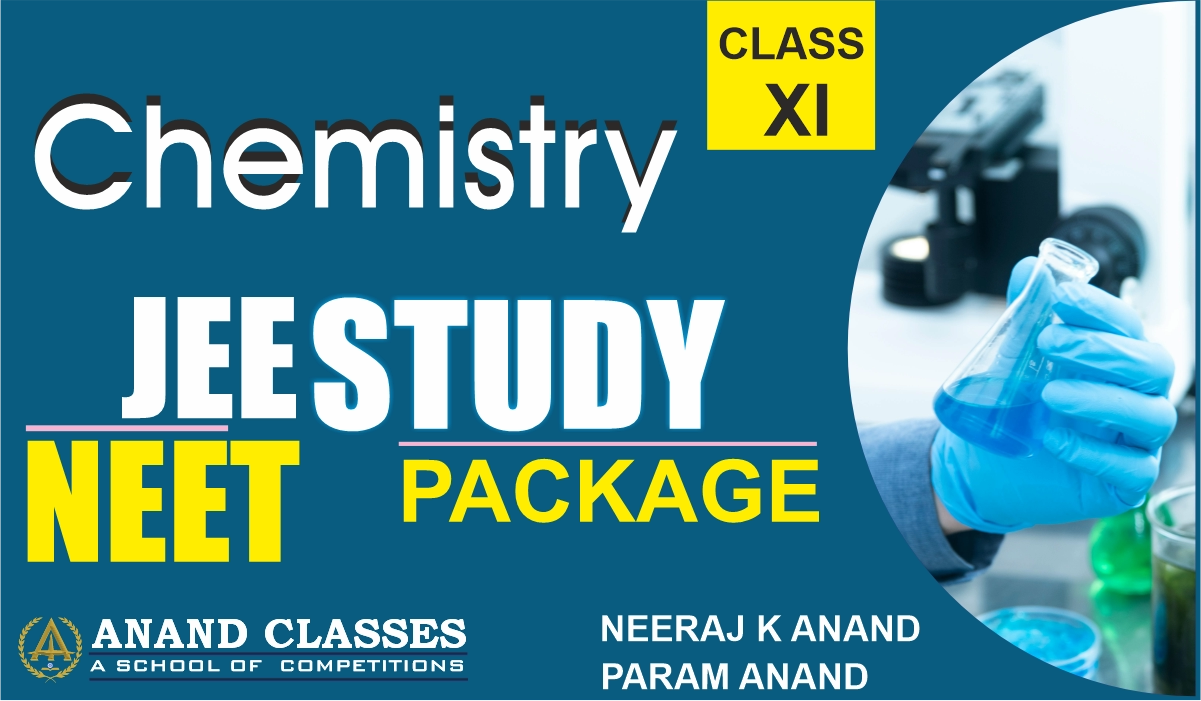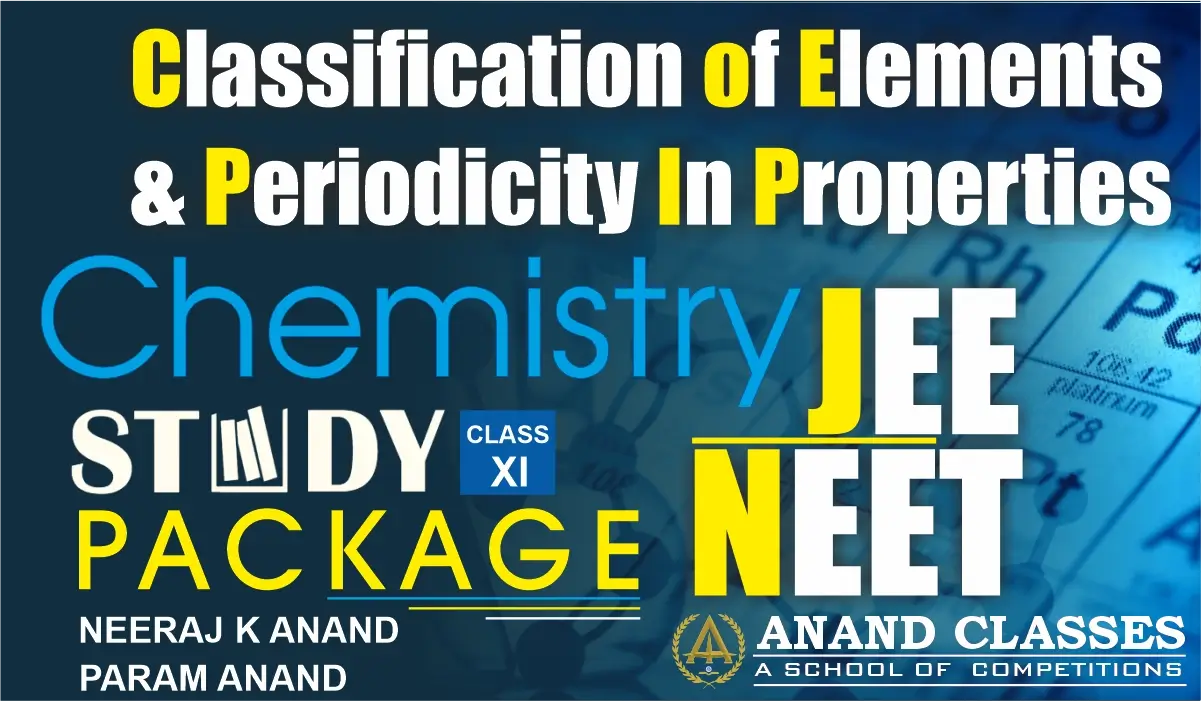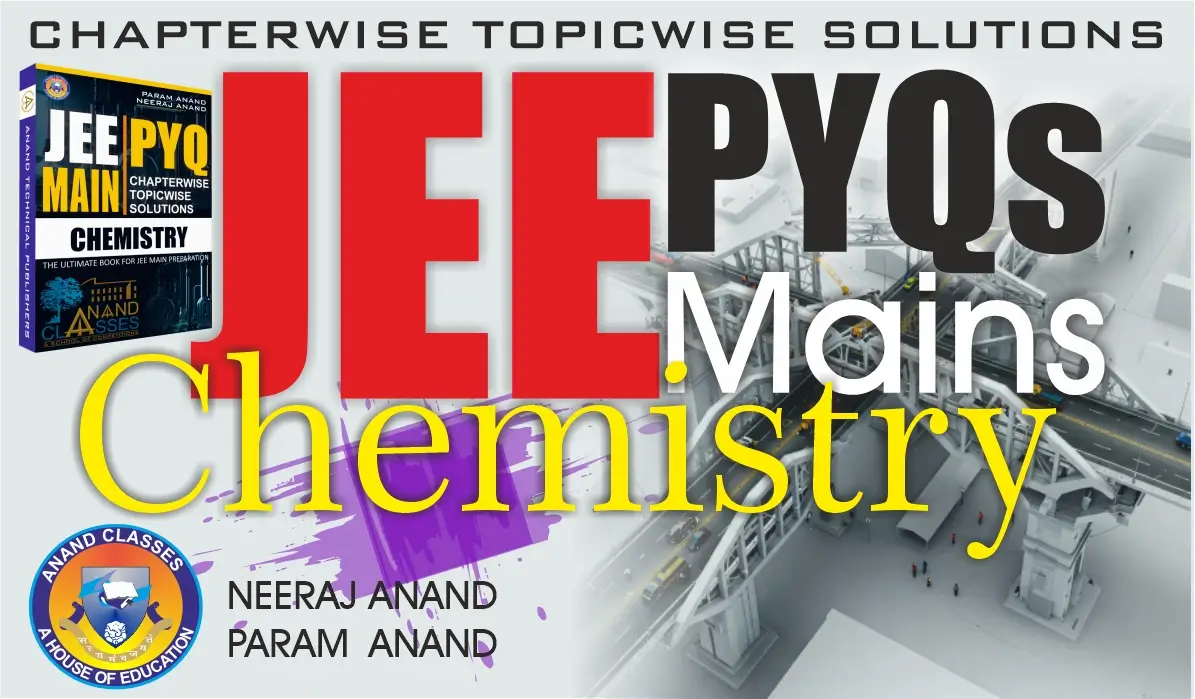Hydrocarbons – Types, Classification, Properties, Preparation & Uses | Anand Classes by Neeraj Anand
Hydrocarbons form the fundamental backbone of organic chemistry and are essential for understanding more complex chemical compounds. Composed solely of …


